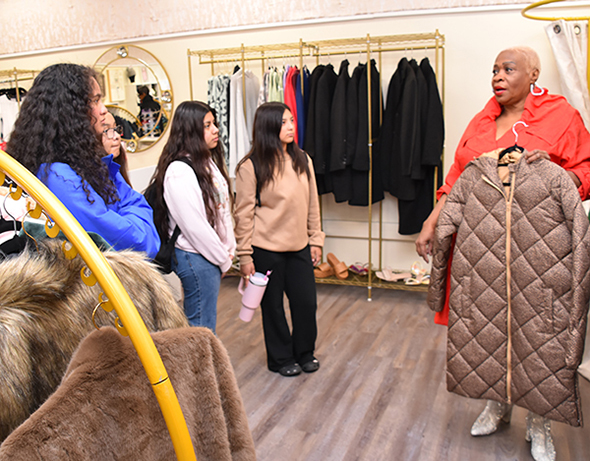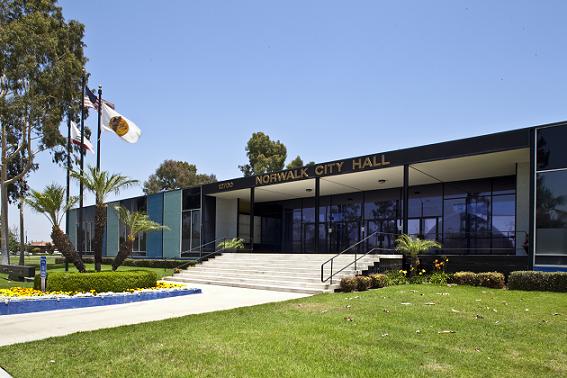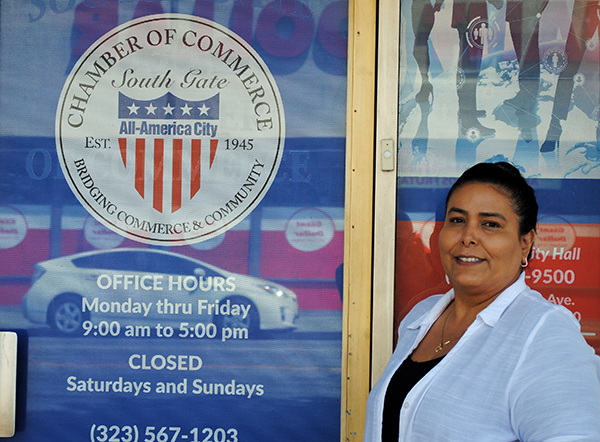Warning: The sales spikes are real, but economic winds can shift quickly


File photo
For many business owners in Los Angeles, the last few months have likely been a welcome relief. Retail sales have increased, and it may feel like the city’s economy is finally bouncing back. But be clear: economic conditions can change quickly.
Some recent U.S. economic data should provide a reality check for anyone thinking that it’s all good. The latest readings of the producer price index (PPI) and the U.S. retail sales report show Americans are pumping the brakes on spending.
Retail sales volume jumped by 20% in the first three months of the year from the same time in 2024 to $293 million, but that number was down almost 33% from the previous quarter, according to Southern California commercial real estate firm NAI Capital.
Jesse Paster, a retail broker and vice president with NAI Capital, says retail is still recovering from the pandemic, with many retail brokers looking to move into other types of real estate.
“People discuss how retail is not doing well, but it’s evolving and it’s changing,” Paster said in an interview with L.A. Business First. “The industry itself is taking the necessary steps to right-size itself.”
For the record, “right-size” is code for cutbacks, layoffs and closures.
Here’s the core issue: While consumer spending is up in the short term, it is becoming increasingly tied to rising costs — and as anyone who runs a business knows, higher prices rarely lead to prolonged increases in sales.
Specifically, PPI – which tracks the price of goods before they reach consumers — had its largest drop in five years last month. That should be good news for business owners — a decline in wholesale prices usually means goods they buy from suppliers are getting cheaper.
But April’s drop is largely reflecting a decline in margins — the difference between what companies charge for a product and what it costs them to make or buy it — suggesting companies are absorbing at least some of the cost from higher tariffs.
Put simply, the data show that although U.S. producers are paying higher prices because of tariffs, they don’t believe they can pass those costs on to customers, so they’re eating the costs themselves.
For local business owners, this dynamic presents a potential danger. While consumers may have responded to the early talk of tariffs by increasing their buying ahead of anticipated price hikes, once businesses start having to pass those costs on, spending is likely to slow down.
Higher prices could mean less disposable income for many Angelenos, especially in a city where wages have not kept pace with the rising cost of living. And as Black business owners know, when large corporations and “Main Street” businesses catch a cold, Black businesses catch pneumonia.
So, what does this all mean for business owners in L.A.? First and foremost, it’s time to brace for a potential slowdown. Even though your sales numbers are up right now, you may not want to get too comfortable. Business owners could be facing off with a lose-lose proposition soon — continuing to eat the higher costs of things they buy or raising prices on their customers and hoping they stick around.
Savvy economic observers know they should never overreact to one or two reports. So, now is not the time to panic — it’s time to get prepared. Whether you’re a business owner or a consumer, you probably should create a survival plan in case prices rise and the economy starts to stall.
For example: Do you have money saved that you can easily access? Are your operations as tight as they could be? Are you ready, willing and able to cut costs, if needed?
If you can’t answer each of these questions with a definitive “yes,” you may have some work to do to prepare for what could be coming down the pike.
Dion Rabouin is The Wave’s new business and digital editor. Feel free to send suggestions and story ideas to Dion@wavepublication.com.





